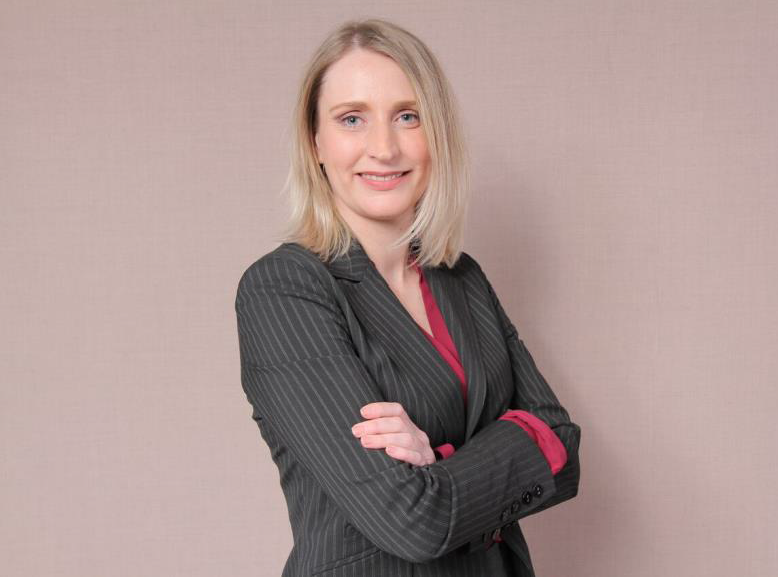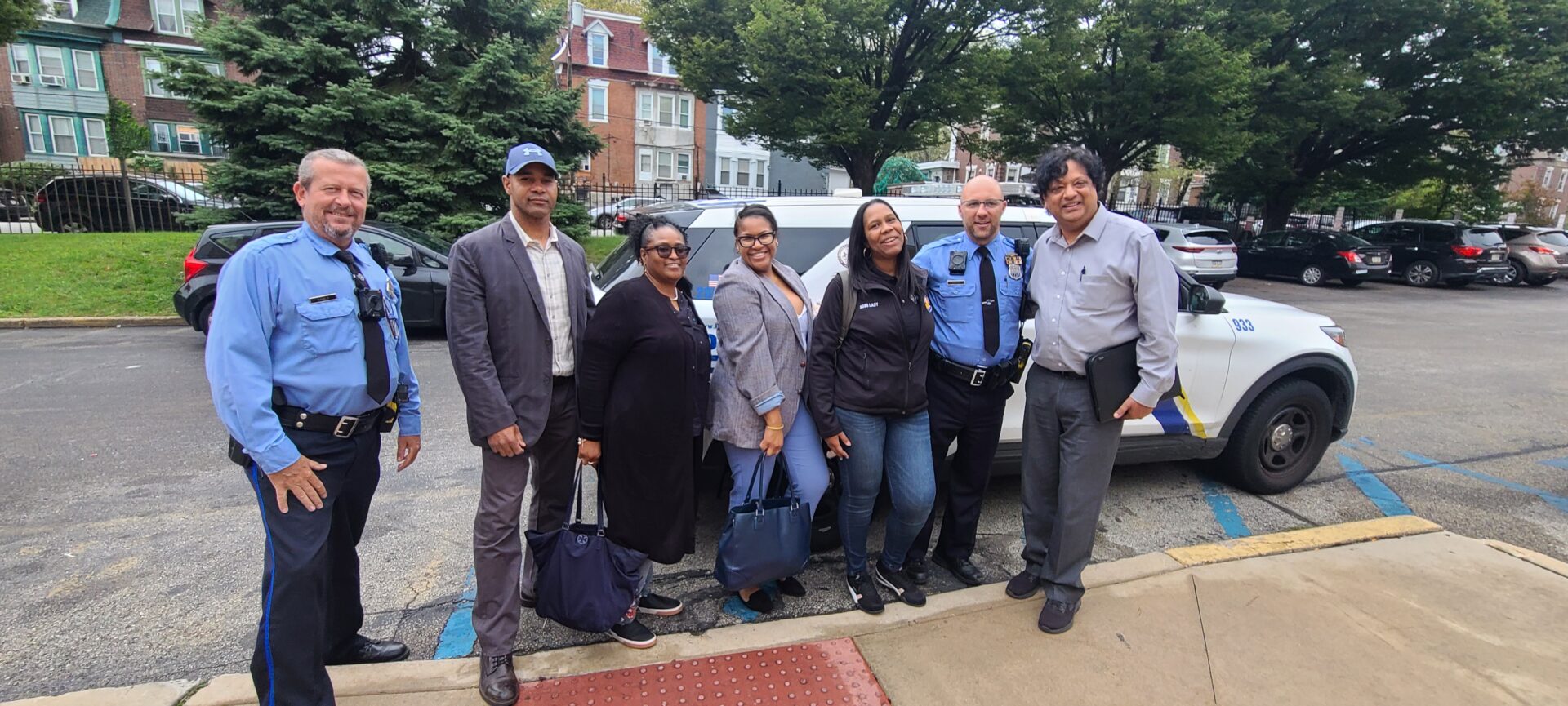Guest Blog by Lorraine Coleman, Vice President of Social Services at Acacia Network and Secretary of the CSH Metro Team’s New York Advisory Board.

Supportive Housing empowers individuals and families to grow and thrive in the community while challenging the higher health risks associated with poverty. Before their tenancy in supportive housing, residents likely experienced unhealthy living environments, poor education and schools, low wage-earning opportunities with limited mobility, and inferior medical and behavioral health care.
Their lives were transformed by supportive housing but now like the rest of America, they are graying and that presents new challenges for all of us.
By 2050 there will be 83.7 million people over the age of 65; with 1 in 5 being Hispanic. For New York residents, it is imperative that affordable and supportive housing options are available to everyone who needs them. Just as important, we must ensure the appropriate community-based services are in place for every member of our aging society.
Financial barriers and acculturation have negatively impacted traditional elder care in the Hispanic community. In part due to their close familial ties, Hispanic elderly live longer than their non-Hispanic counterparts. But there are larger numbers experiencing poor health and services. The Hispanic elderly face:
- 64% higher diabetes and obesity rates
- Alzheimer’s symptoms that are exhibited 7 years earlier
- Higher reliance on Medicaid and Social Security
- Inadequate care coverage; 30% lack health insurance
- Scarcity of culturally and linguistically sensitive providers
Through supportive housing, community-based social services providers care for seniors while ensuring caregivers have peace of mind. For Acacia Network, a not-for-profit Latino-led integrated care organization, this was a challenge that resonated with our mission to partner in our communities, lead change, and promote healthy and prosperous individuals and families in a healthy environment.
Through the MRT Senior Supportive Housing Pilot funded by the New York State Department of Health (DOH), Acacia was able to identify a primarily monolingual, aging Hispanic community within supportive housing struggling with histories of poor health and healthcare access. Introduction of culturally and linguistically competent services and perseverance lead to the acceptance of supports that assist tenants with aging successfully in place.
With CSH’s partnership, Acacia was linked to private resources to further enhance our capabilities. CSH has been an advocate and an educator for serving the elderly who are aging in place in supportive housing. They leverage the knowledge of the community-based provider with data and statistics, and work to push policy changes and develop new resources for social service staff and agencies interested in serving the aging population.
The DOH Pilot had a significant impact on the lives of the seniors we help. With the funding available and assistance from CSH, we can expand the scope and breadth of our services and ensure more Hispanics aging in supportive housing are receiving the care they deserve.
Access the full whitepaper Promoting Healthy Aging in Supportive Housing:
A Review of the MRT Senior Supportive Housing Pilot by clicking here.
A special “Thank You” to the Mizuho Foundation and The Fan Fox and Leslie R. Samuels Foundation, Inc. for making the whitepaper possible.


